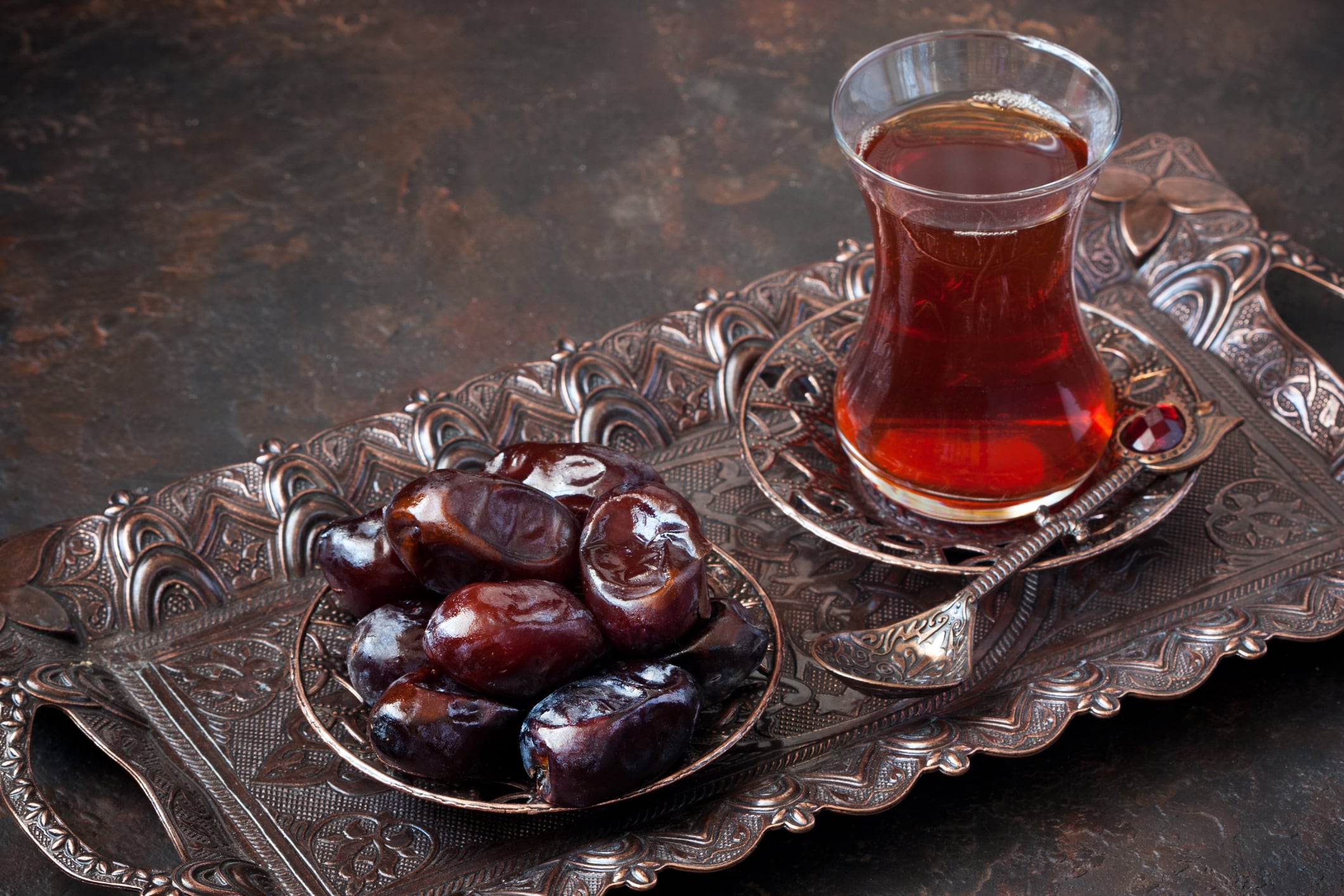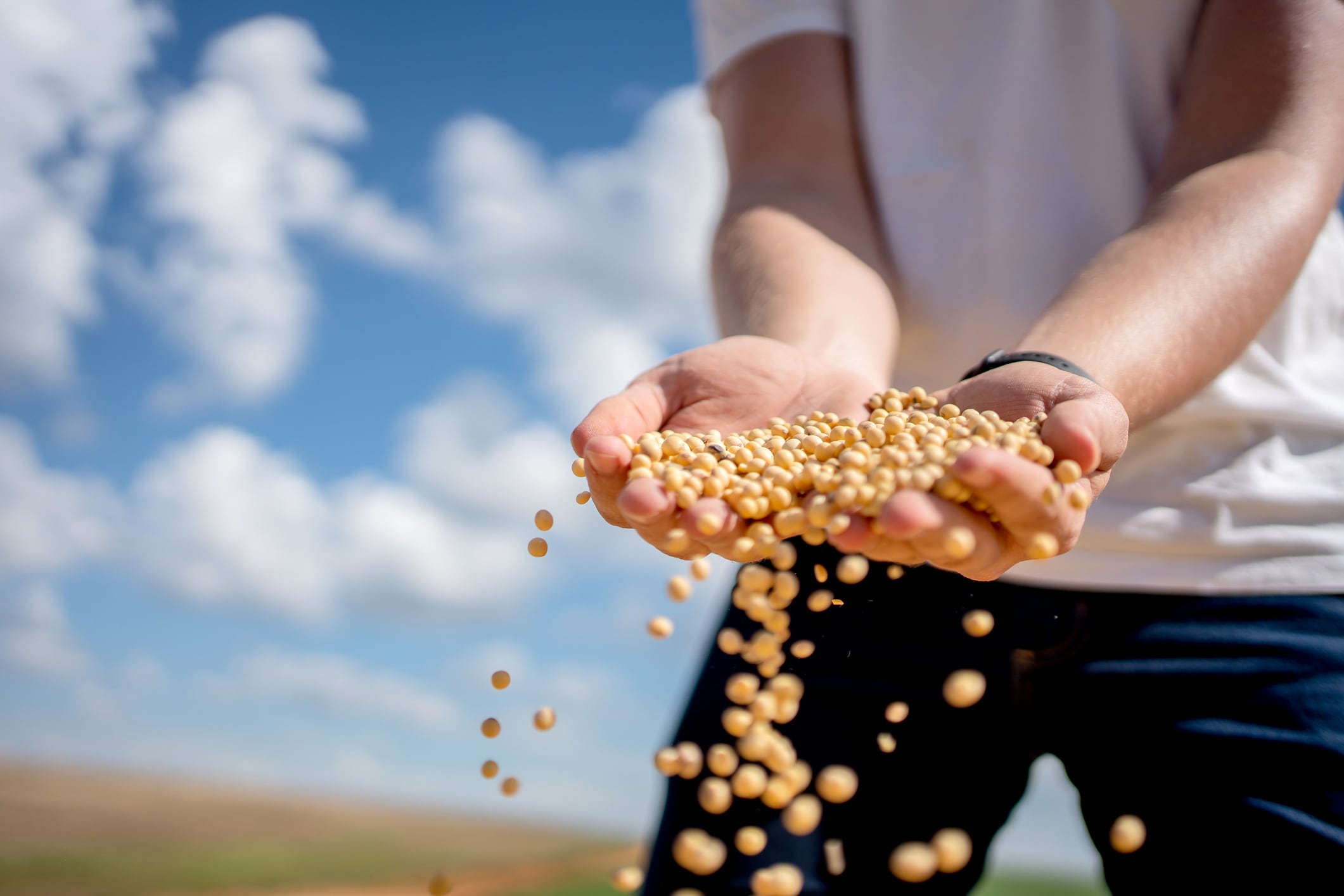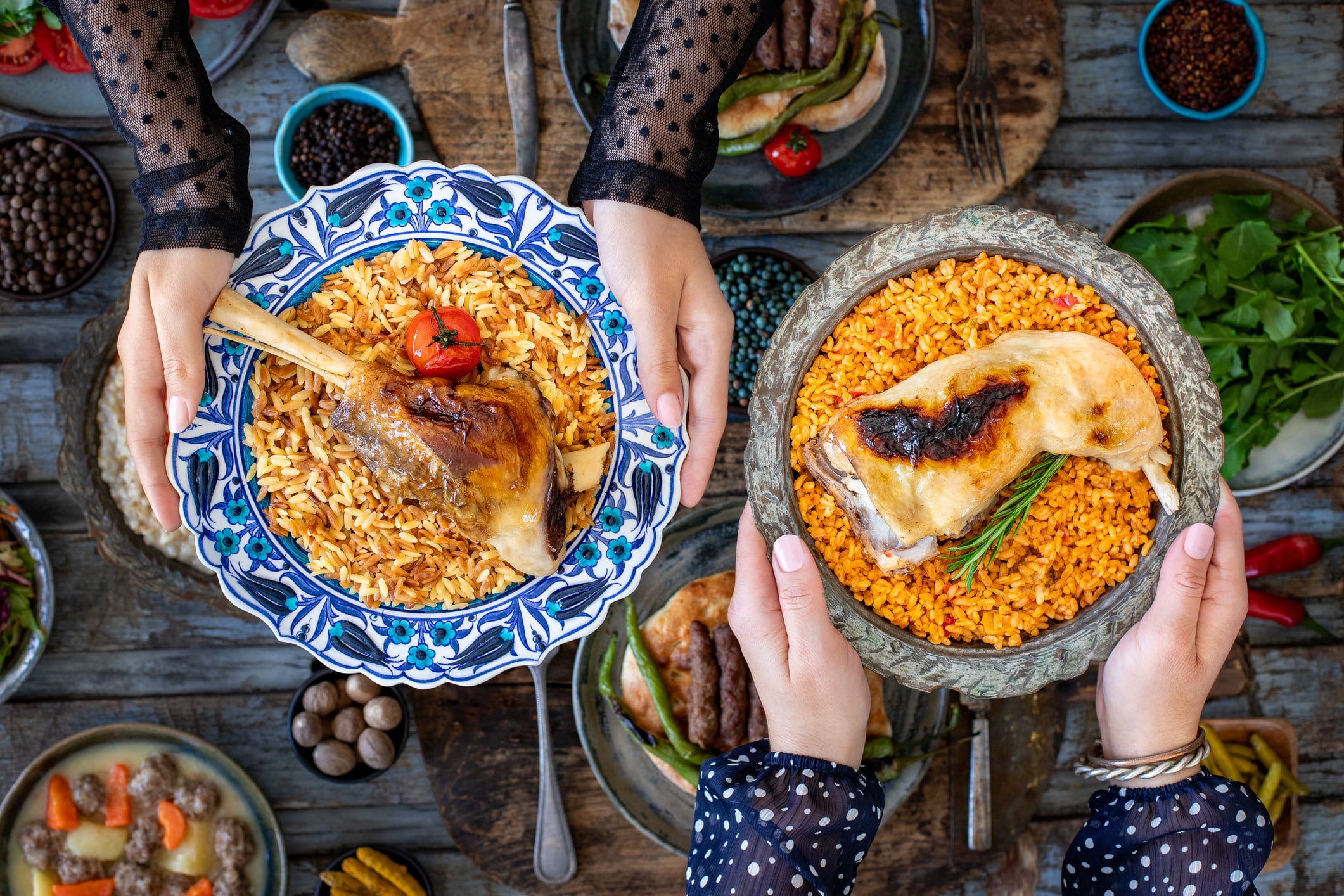Middle East food and beverage heavyweight Agthia recently announced its H1FY2025 financial results, reporting a -11.4% year-on-year decline in revenue to AED1.3bn (US$353.9m) and a -32.5% year-on-year decline in net profits at AED86m (US$23.4m).
The firm, which remains one of the region’s largest leading food and water manufacturers, attributed these losses to a drop in protein sales (-15.7%) impacted by devaluation of the Egyptian pound and market pressures in Jordan; as well as snacking sales (-8.2%) impacted by the prices of dates, its main snacking ingredient.
“Profit margins for the snacking and protein businesses contracted to 13% and 6.4% respectively, attributable to continued challenges related to the previous year’s date crop as well as cost pressures and a challenging external environment,” Agthia stated.
“[In our last financial results call], we had already predicted that these challenges would persist through Q2 this year.”
Agthia’s Q1FY2025 results were also negatively affected by these same two categories, ending at a -8.2% year-on-year decline for snacking and -15.7% year-on-year decline for protein.
“That said, the snacking brands have actually been performing well – we have seen strong growth mainly led by coffee and dates, especially the Abu Auf brand which saw a +33.3% revenue increase and some 59 new stores opened last year,” Agthia CEO Salmeen Al Ameri added.
“This was overshadowed only due to the operational challenges faced in the our dates business, where headwinds resulted in an oversupply position leading to margin dilution, increased customer exposure risk, and an inventory write-down that significantly impacted profitability.”
As such, the firm is determined to continue pursuing growth in the snacking category, with visibly more focus on dessert innovation as compared to date product innovation this year.
“Abu Auf is creating espresso-machine capsules for its coffee portfolio, as well as various chocolate products including pistachio kunafa chocolate, baklava chocolate, and chocolate with halva spread,” he added.
“Other snack innovations in the pipeline include date-sweetened pistachio kunafa chocolates as well as an assorted range of pistachio kunafa stuffed dates and wafers under our Zadina brand.”
Protein positivity
Protein has become Agthia’s biggest challenge in terms of returning to profitability, ironically due to its strong market position in troubled markets such as Egypt and Jordan.
Egypt’s currency devaluation has been a major challenge for some years now, whereas Jordan is dealing with regional instability and border closures with neighbouring markets like Syria and Iraq.
The firm’s Atyab brand is the number one player for poultry in Egypt, and its Nabil brand is within the top two players for poultry and beef in Jordan.
“Egypt remains a key market despite the challenging macroeconomic environment as we have robust pricing and a favourable product portfolio mix here,” he added.
“In Jordan on the other hand, we have seen increased competition and consumer downtrading pressures, which have had an adverse impact on revenue – so for protein and frozen as a whole, our focus remains strongly on protecting profitability.”
Agthia is shifting to portfolio premiumisation for the Nabil brand in hopes of filling a premium market gap and also increasing marketing activations for Atyab, but crucially it is also looking at Saudi Arabia to improve the protein segment profitability.
“We already have a new protein facility in Jeddah which was officially launched in July 2024, so this site is expected to provide localized production capacity at comparatively favorable economics and supporting our strong accelerated growth plans,” said Al Ameri.
Both Nabil and Atyab are players in Saudi Arabia, and Agthia has high hopes to strengthen its local footprint here after observing a 17.2% year-on-year growth for protein sales in this market despite the overall decline.





